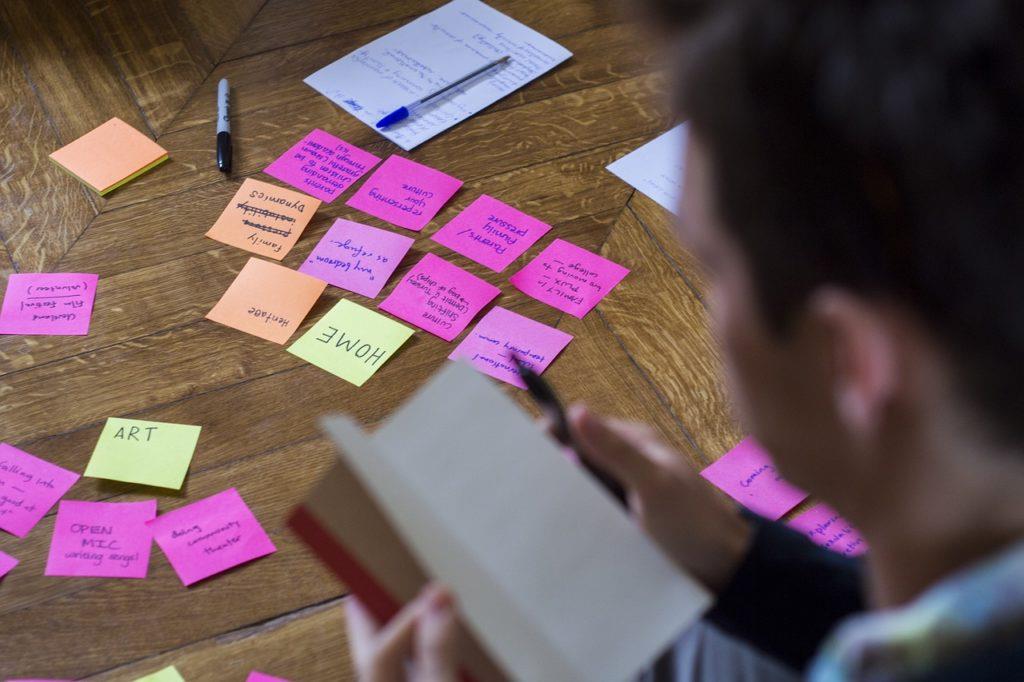Learning a new skill can greatly improve the way you feel about yourself, as well as boost your future success.
Humans are learning at an almost constant pace, and with the rapidly changing world, we have little choice but to adapt every day. While learning new skills may seem challenging, it’s actually a great way to keep your mind focused.
Learning also provides purpose, nurtures personal and professional skills, and increases your prospects of getting a job in the future. Whether you’re learning new skills to achieve a specific goal or for personal growth, the process of getting informed is incredibly rewarding.
In this article, we look at the reasons why learning new skills is good for your health.
Reason 1: Learning is an ongoing process
Adapting to circumstances and learning something new is a constant process for humans. Those who refuse to learn are less able to adapt to the changing environment and will be left behind in school, work, and ultimately in life.
Think of it this way: ten years ago, we had no smartphones and almost no social media platforms. Now these tools have become the main ways of connecting with others. If they didn’t learn to use them, people wouldn’t be able to communicate with each other.
Thanks to the expansion of these technologies, new opportunities arose for many people as they were willing to learn new skills. And while it seems like the digital realm has only created more work, it has also created enablers, which help save time and prioritize tasks .
Without the human capacity to want to learn more, the world would not have progressed to the current stage. Be open to learning new things and you will end up improving every aspect of your life.
Reason 2: Learning is good for your career
Without learning new skills, people would not be able to adapt to change . On the other hand, by developing new competencies, we not only broaden our career prospects, but also become more adaptable.
Until a few years ago, teaching was something that happened only in person and following traditional methods, classroom, teacher, students, blackboard and chalk. Today, it is possible by computer, smartphone and tablet to study and attend classes anytime and anywhere. People who are succeeding in this field have shown themselves ready to develop the skills they have by trying new things.
For anyone looking to improve their skills, the options are endless! How about learning a little more about graphic design software, coding or even a new language , as this will give you an additional skill, increasing your chances regarding the job market in the future.
You may not be as proficient with the new skill as someone who has learned it over a lifetime, but it is beneficial to acquire additional knowledge that can be useful in emergencies. Whereas versatility has become a very important competence.
Achieving excellence in one skill is great, but developing additional skills can greatly improve your career prospects.
Reason 3: Learning improves self-confidence
Learning new skills can go a long way toward building your confidence. Not only will you become more focused due to the process, but you will be able to face new challenges due to the knowledge you have.
This will make you appear more proactive, something very important for anyone looking to try a university abroad. New skills also increase your communication skills, as you will be able to speak fluently about a subject you were not previously familiar with.
And that trust will also continue in the personal domain. If you are developing skills for self-improvement, you will feel better adjusted in social situations.
For example, learning math may not have any direct bearing on what you want for your profession, but it will help you do complex calculations quickly, something that can be used in everyday life and will impress your friends and family. Being praised for your ability to calculate will build your confidence over time.
How to learn a new skill?
Before starting the process of learning a new skill, decide why and when you want to do it. What do you need this knowledge for? For a personal project?
Don’t start a learning project if you don’t have the time. This will only cause stress, which is not the point of this exercise. Also, without time, you won’t be able to focus on the process, which will make it impossible to retain content properly.
Once you’ve made the decision to learn something, develop a learning routine. If you want, plan your process with the help of a schedule, so you know when your classes will be, what deadlines you need to meet and when the course will end.
Don’t set elaborate goals for your learning process. It’s impossible to master a language in six months, but maybe you can be proficient enough to survive a vacation abroad.
And when you’re testing your new skills, do so in smaller, more comfortable environments. By testing newly acquired knowledge in appropriate environments, you will receive constructive and often positive feedback that will motivate you to continue learning and improving.





